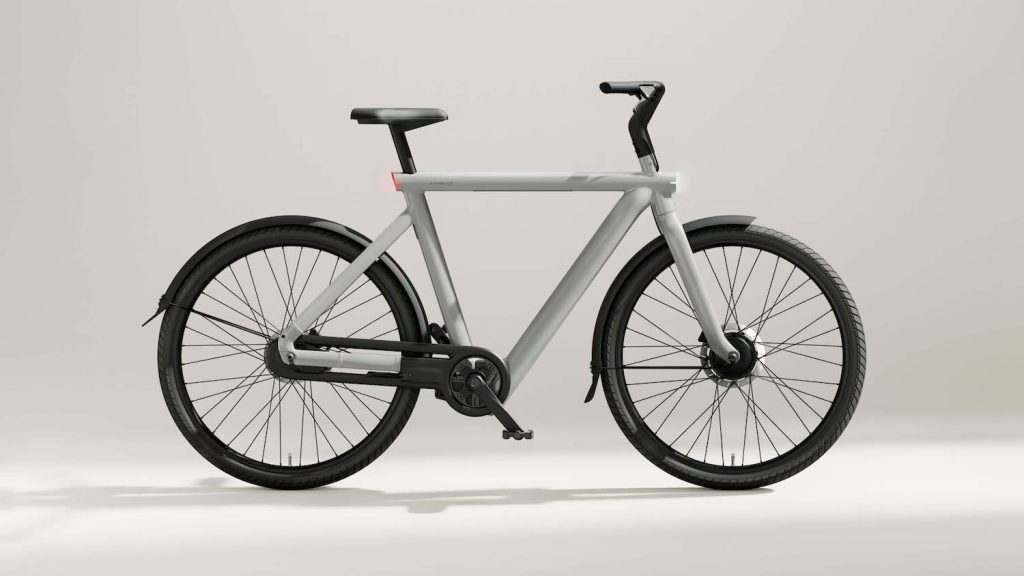After a rollercoaster of a financial year, once-darling e-bike company VanMoof appears to be unable to pay its bills. The major Dutch electric bike maker has just applied for and received a postponement of payment from a Dutch court and is temporarily closing its stores.
The drastic step doesn’t indicate imminent bankruptcy but rather is a financial tool designed to help companies avoid ultimately needing to file for bankruptcy. The goal is that it would allow VanMoof more time to find 11th-hour funding and remain solvent to pay its bills.
The move comes after a period of rapid growth throughout 2021 and 2022, a time that once saw VanMoof as the most-funded electric bicycle maker in the world.
But the company followed in Icarus’s jet stream, flying too high and potentially outgrowing its funding too quickly.

Despite riding large investment waves in the past, VanMoof has since seen its share of financial troubles but managed to wriggle out of danger late last year.
The company hopes to pull off a financial magic act one more time and escape from its current fiscal peril with the help of this postponement of payment granted by the Dutch courts.
It’s the latest chapter in VanMoof’s financial saga, which recently saw the company surprise the industry by pausing all orders for its e-bikes and accessories on the brand’s website.
The sales pause followed just two months after VanMoof launched its newest generation of electric bikes described as “ingeniously simple.”
Visitors to VanMoof’s website will currently find a pop-up explaining that the company has paused orders to catch up with current demand:
We have temporarily paused sales to catch up on the production and delivery of existing orders. Rest assured – this has no effect on servicing.

The move has sparked confusion in the VanMoof community, as well as anger among those whose bikes are currently held by VanMoof for servicing.
Another potential issue, pointed out by the Dutch media publication NRC, is that if VanMoof were to fail, its riders could potentially be left with unusable bikes. The e-bikes lack a physical key and instead require the app to be used to unlock the bike or through an unlock code generated by the app. If users don’t have access to the app, which could disappear from app stores if the company folds, then access to the e-bikes themselves could potentially be lost.
Read the full article here



